By Abdulwarees Solanke
In the UNESCO publication, Banerjee and Seneviratne acknowledged that structures governing PSB vary considerably between nations. Their reference to the composition of the BBC Board of Governors is quite revealing and exemplary.
In the United Kingdom, the BBC has been constituted as a largely autonomous legal entity with a Board of Governors appointed under the Royal Prerogative by the Prime Minister of the day.
The Governors are drawn from persons who have distinguished themselves in industry, public service, the arts, and so on. Care is taken to ensure that those appointed reflect the increasingly diverse nature of the British Population.
The Royal Charter requires one Governor to be appointed from each of the countries constituting the United Kingdom, viz. Scotland, Wales, and Northern Ireland.
The Director-General is appointed by the Board of Governors and is, in practice, allowed complete freedom over programming and editorial matters. Governors have a fixed five-year term unless they resign earlier.
Also unless they are removed after being declared bankrupt, after acquiring interests which conflict with their duties as Governors, suffering from a mental disorder, or being absent from meetings for longer than three months without prior consent.
Governors may also be removed by Royal Prerogative, though this power has hardly ever been used.
Somehow, Nigeria draws extensively from the UK practice which for instance is reflected in how the leadership and board of Voice of Nigeria is composed. The act establishing Voice of Nigeria stipulated relatively similar criteria for membership and composition of the corporation as follows.
The Corporation shall consist of the following members to be appointed by the President, on the recommendation of the Minister, that is a Chairman; the Director-General; one representative of the Federal Ministry of Information and National Orientation; one representative of the Ministry of Foreign Affairs;
Other members include one person to represent interest not otherwise represented in the Corporation; one person with the requisite knowledge of Nigerian Art and Culture and Three persons with requisite experience in the mass media, financial matters and engineering.
In interrogating the new appointments into the leadership of these Nigerian public media, one finds on the part of the government, a sensitivity to corporate governance.
Today, Nigerian public broadcasting managers are under pressure for funding and sustainability, intense competition from operators of commercial and private radio and television channels. This is just as the globalisation of mass media is encouraging powerful foreign channels to undermine the acceptability of the local public media.
So, it cannot be a tea party for the new helmsmen of the identified Nigerian government media, who have to, draw from their wide experiences, cope with the dynamics and challenges of a sector.
A sector whose performance cannot be measured by a clear economic bottom line but by the extent to which they produce public value qualitatively in galvanising pride of identity and national cohesion.
Read Related News:
New Helmsmen At Federal Information Agencies: Not A Tea Party 1
Shema @ 66: A Reminiscence of Transactional Political Zion
Buni’s Revolution in Yobe Healthcare Delivery
The question every stakeholder and observer could be asking is what remarkable things these new appointees would be bringing to revolutionise the operations of the media corporations. What value-added will they offer to change the perception of state media as drain pipes and ineffective institutions?
It is a test of their capabilities to think outside the box in confronting the dominance of foreign media that have penetrated our cultural domain and the powerful commercial broadcasters that are profit-driven, mindless of our context and peculiarities as Africans or Nigerians.
Therefore, the success of these appointees will depend on their understanding of the vision and mission of the national public service to which they are to superintend, their structure and system, the services they provide and the challenges they contend with.
They must also understand the global best practices in public media, tap into the experiences of other national organs and establish partnerships with their peers abroad.
Public Service media brings to any nation intrinsic public value, not necessarily the bottom line of cents and dollars because of the nature of the free-riding public goods and services they provide. Although their board and management must devise ways of generating income outside the government subventions.
More significantly, leaders and management of these public media must appreciate the significance of corporate governance for attainment of corporate success and vision.
The board is not a battleground of private, competing and pecuniary interests but a forum for aggregating the best ideas, offering solutions and charting a clear path for professional journalists in the interest of the nation.
Hopefully, they will make tremendous impacts on the fortunes of these respective organisations by the quality of their engagements with relevant stakeholders within and outside government.
Hopefully, too, the full broadcast outfits among them (NTA, FRCN & VON) will leverage opportunities offered by membership of the Public Media Alliance (PMA). This is formerly the Commonwealth Broadcasting Association (CBA).
PMA is one institution that exists for strategic leaders and managers of public broadcasters to share knowledge and experiences as peers in the broadcasting industry.
This is the primary platform they must immediately link up with to lead them into the world of Public Broadcasters operating on strong corporate governance tradition. Many Nigerian public broadcasters are already members of this alliance.
Solanke is Deputy Director,/Head, Strategic Planning & Corporate Development Department, Voice of Nigeria, Wuse 2, Abuja FCT (korewarith@yahoo.com, 08090585723)
Do you have a flair for Citizenship Journalism? Share story(ies) of happenings in your area with The NewsZenith on WhatsApp: 08033668669 or thenewszenith@gmail.com
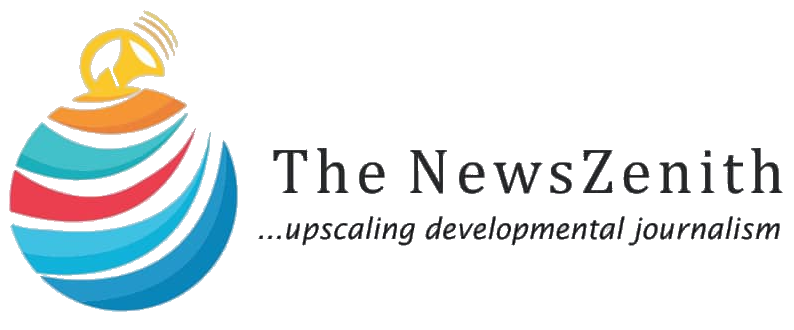
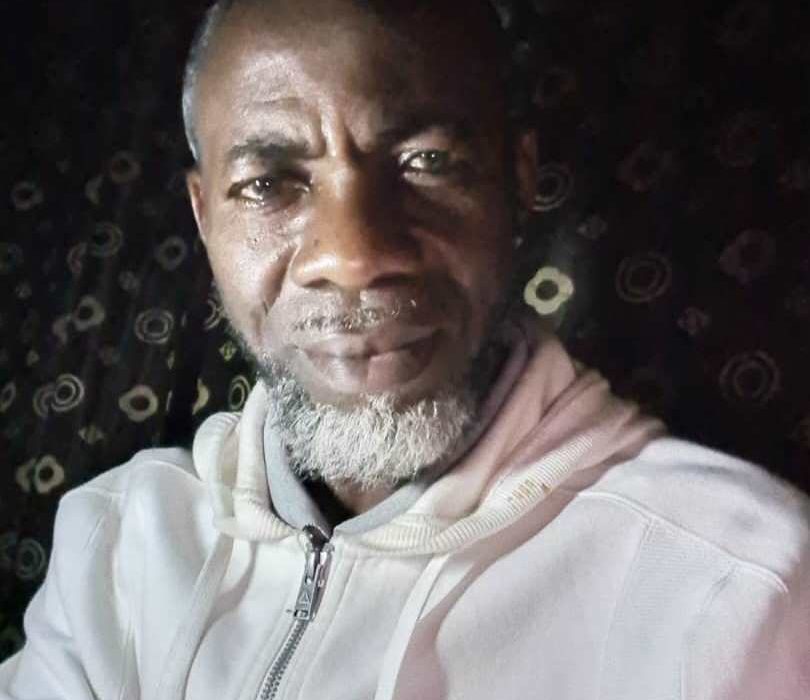
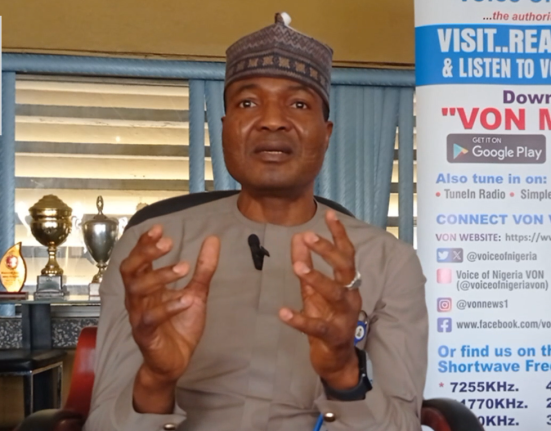
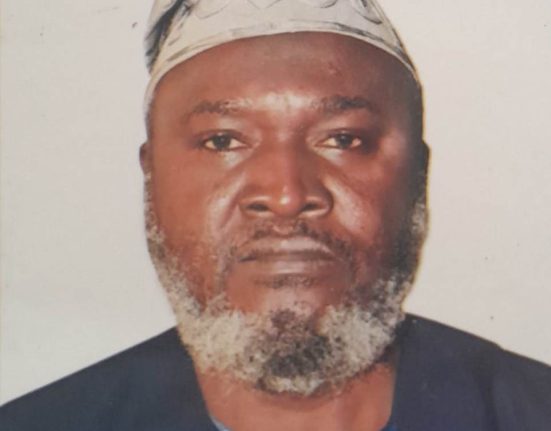
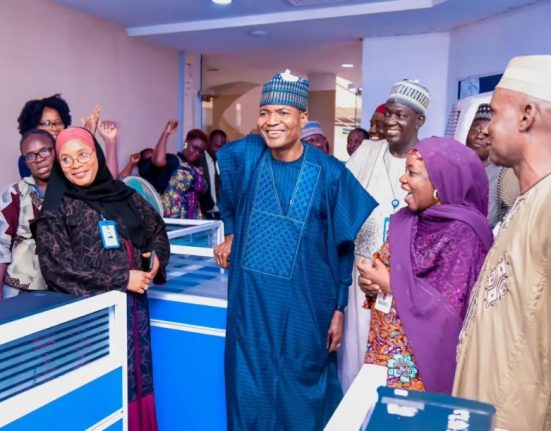
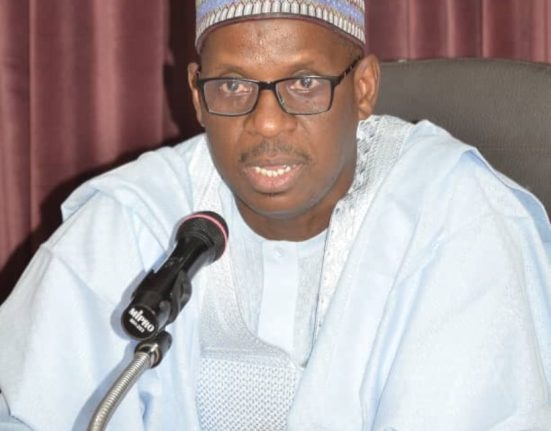
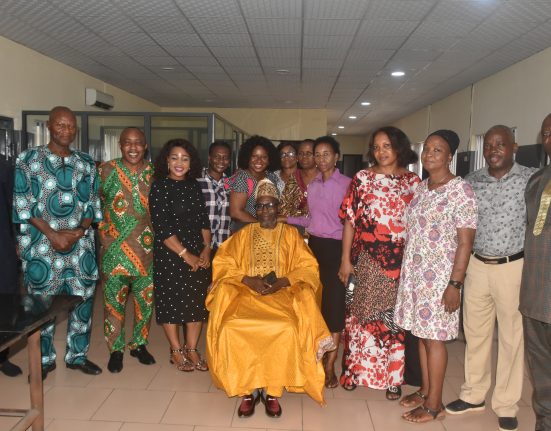
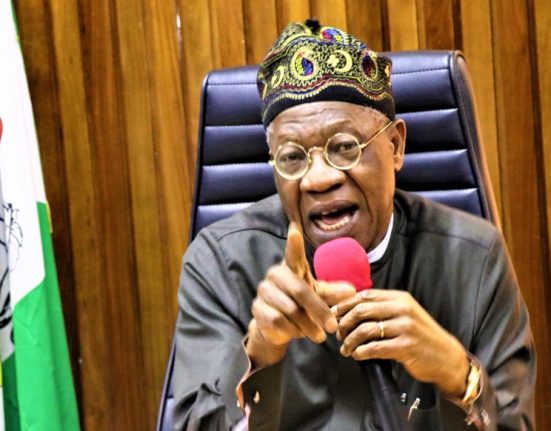
1 Comment